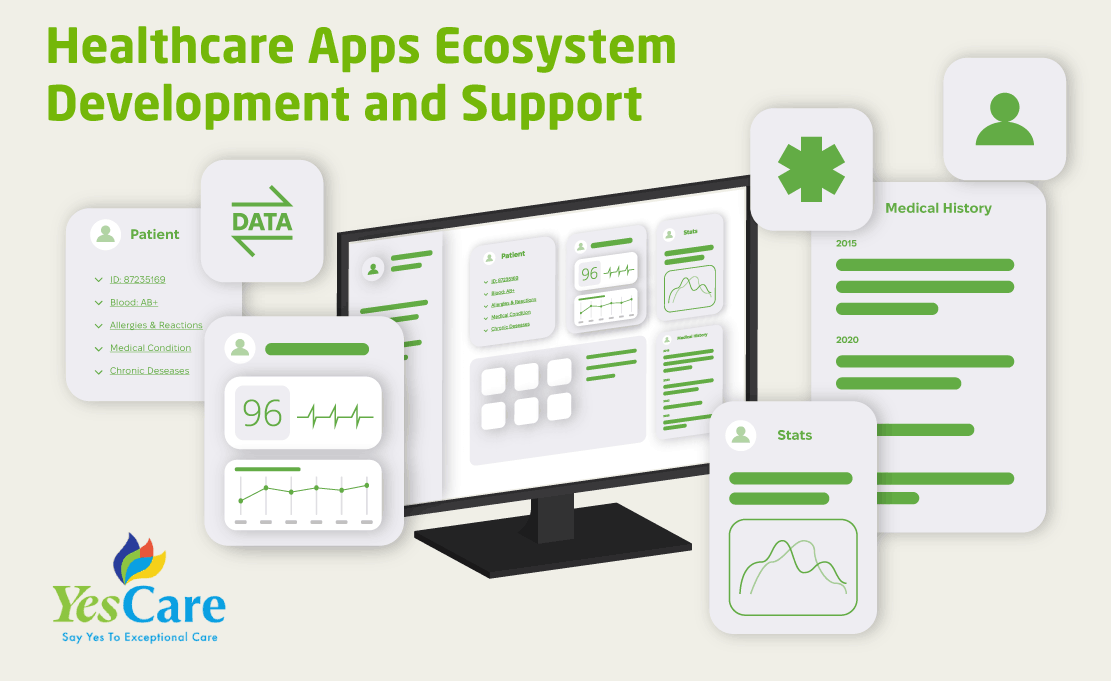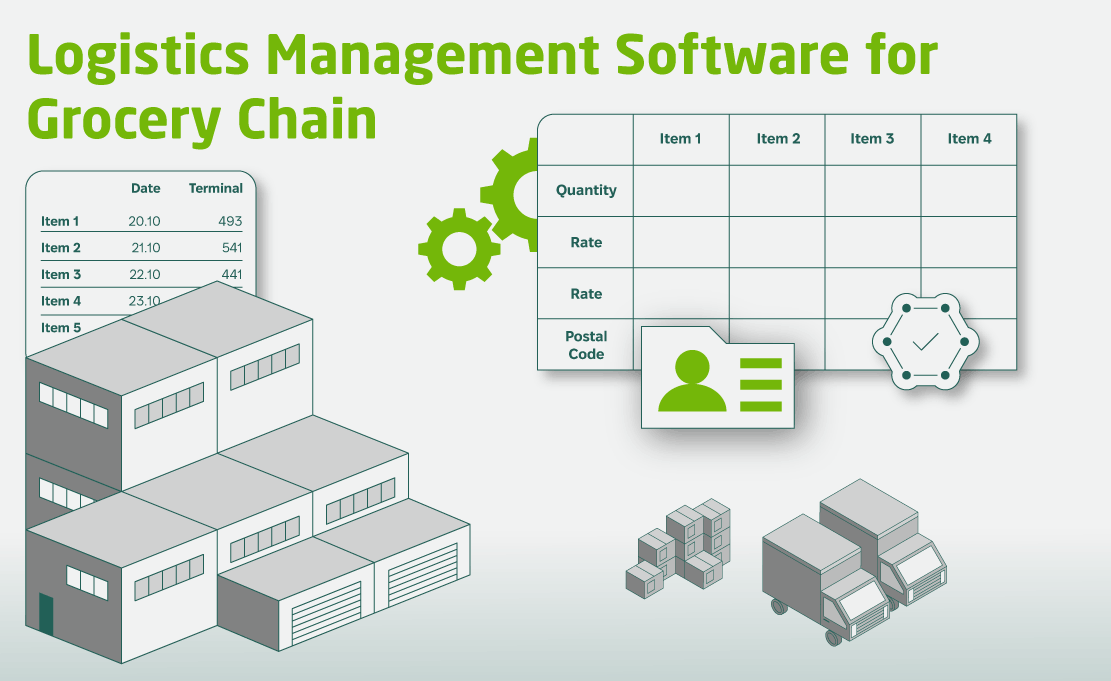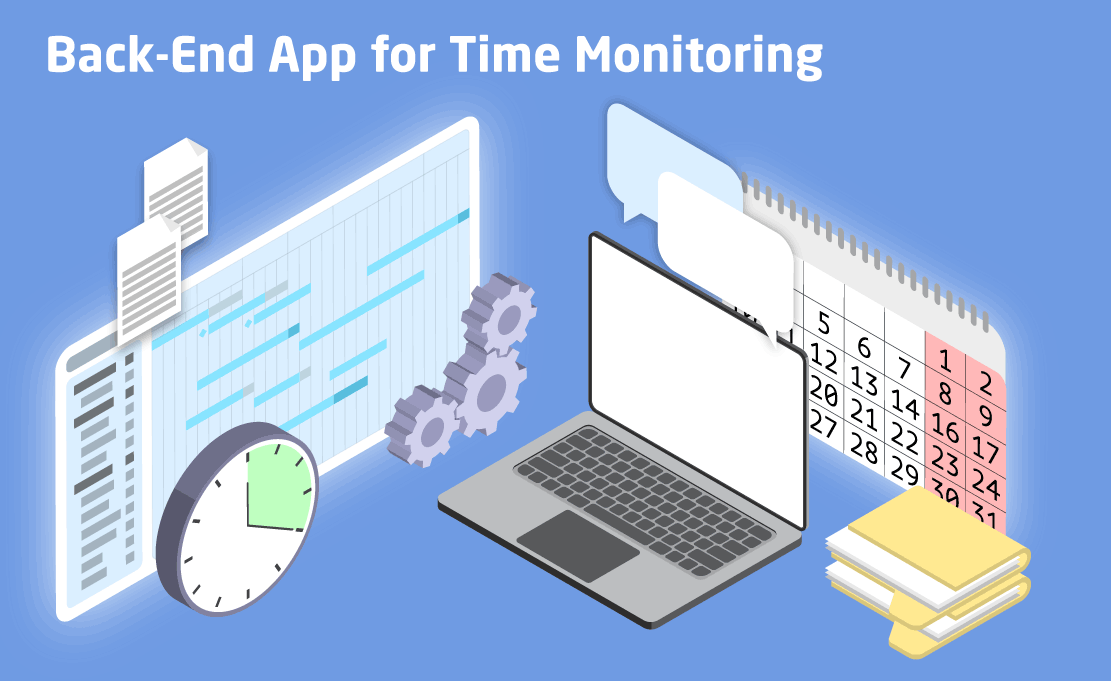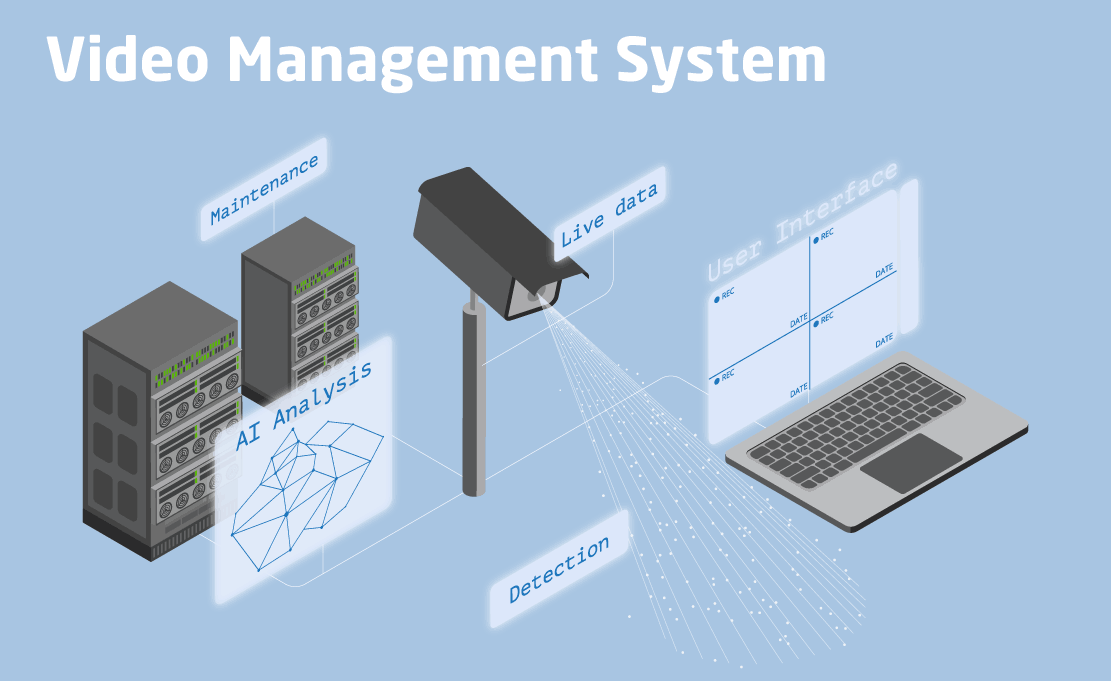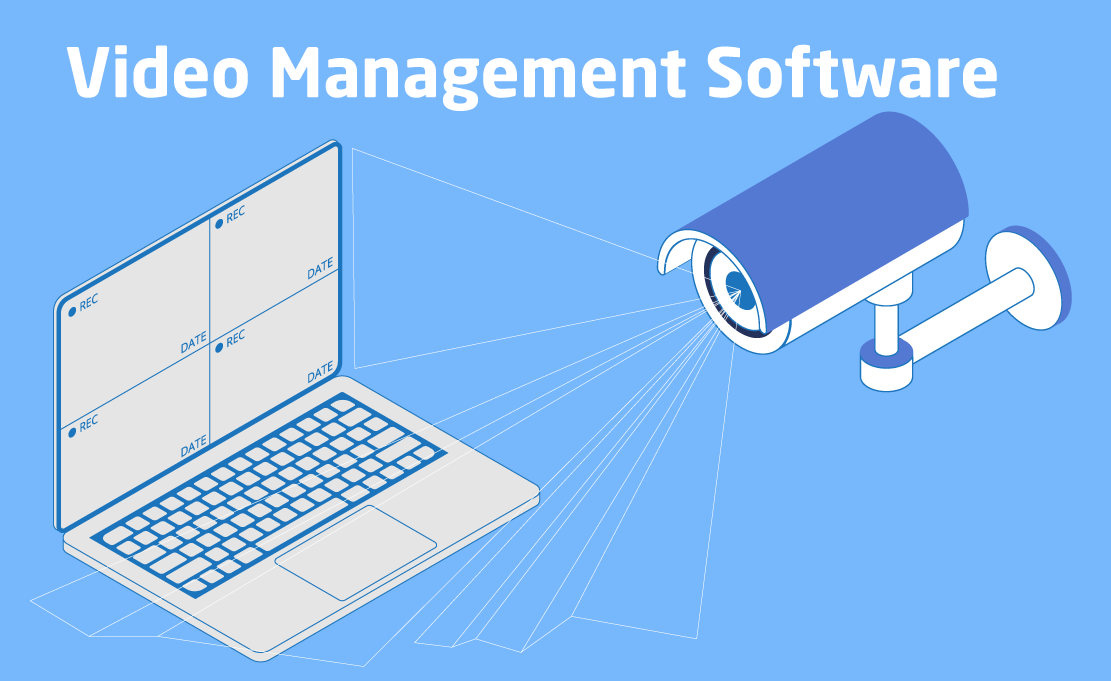What is a Dedicated Team Model?
The need for dedicated development teams has emerged especially since it takes considerable time, effort, and resources to find the right talent across multiple verticals.
The dedicated software development team acts as an extension of the client's internal engineering team. We can help you opening your own R&D center and in building your own branded team from scratch as well as can find the engineers as extenstion to the team. Each team includes dirrent professionals and the composition may be different. In general, team may include experts such as frontend and backend developers, software architects, project managers, business analysts, designers, QA engineers, security experts and other professionals when necessary.
Even though an extended version of the core team at the organization, the dedicated teams are capable of functioning almost autonomously once the client shares the requirements. The dedicated team has every unit including administration, HR, product management, and even resources for infrastructure maintenance. Creation of dedicated teams not only saves the organization’s resources, but also brings about a big boost to the customer's company development.
Chudovo specializes on building dedicated development teams for the customers from all over the world. Most of the customers come from Europe and USA. Offshore development team centers help customers meet their software development needs, give the opportunity to deliver their products with an appropriate quality faster, to save money, to plan the expenses and to anticipate future directions of the company's development.
When to Choose the Dedicated Team Model?
Build your dedicated team / set up own development center
Our tech expertise in building dedicated teams

Chudovo Dedicated Teams at a Glance
Featured Projects
How we create your development teams
Cost Calculator. Find an approximate cost for setting up the dedicated development team
-
1 month1 month1
-
2 months
-
3 months
-
4 months
-
5 months
-
6 months6 months6
-
7 months
-
8 months
-
9 months
-
10 months
-
11 months
-
12 monthsYour discount is 5%1 year12
-
13 monthsYour discount is 5%
-
14 monthsYour discount is 5%
-
15 monthsYour discount is 5%
-
16 monthsYour discount is 5%
-
17 monthsYour discount is 5%
-
18 monthsYour discount is 5%1.5 years18
-
19 monthsYour discount is 5%
-
20 monthsYour discount is 5%
-
21 monthsYour discount is 5%
-
22 monthsYour discount is 5%
-
23 monthsYour discount is 5%
-
24 monthsYour discount is 7%2+ years24+



